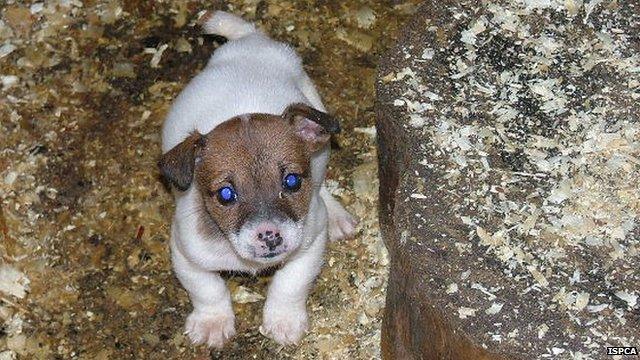Ban puppy and kitten sales in pet shops - Labour MP
- Published
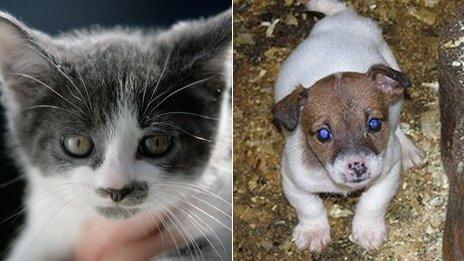
Pet shops should be banned from selling puppies and kittens because they can come from irresponsible breeders, says a Labour MP.
Robert Flello said Britain risked becoming a nation with "disposable pets" unless action was taken.
Minister George Eustice said only 2% of the animals were sold in pet shops and councils already had the power to restrict sales.
He said a new voluntary code had curbed unscrupulous breeders.
Irresponsible breeders often sell puppies and kittens privately, through the internet, MPs were told.
Impulse-buying
But Mr Flello argued that banning the sale of the animals in pet shops, garden centres and "pet supermarkets" was the easiest way to have an immediate impact on the problem.
And he urged greater clarity from the government on the powers local councils have to ban the sale of certain animals, which could potentially include puppies and kittens.
Opening a debate on a backbench business motion in the Commons, Mr Flello said: "We consider ourselves to be a nation of animal lovers where a dog is a man's best friend, a pet cat, a pet dog is part of the family.
"But every day puppies and kittens are bought from pet shops or garden centres that become ill. All too frequently they die as a result of the supply chain from irresponsible breeder to pet shop.
"Quite frankly I can't think a nation of animal lovers would allow this to continue. Are we at risk of becoming a nation with disposable pets?"

By Pippa Simm, watching the debate for Democracy Live
Many MPs professed themselves to be keen animal lovers and took the opportunity to name their pets, ensuring they are forever immortalised in the parliamentary transcripts known as Hansard.
Former Lib Dem minister Paul Burstow said his Lab-Collie cross Indy was competing to be Westminster Dog of the Year, adding there could be "no justification" for the retailing of puppies and kittens in pet shops, and criticised the "commodification" of the animals.
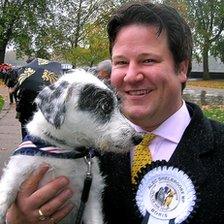
Alec Shelbrooke and Boris
Tory MP Alec Shelbrooke said his two dogs Boris and Maggie, "have a loyalty, a love, a calming nature through exercise and, of course, the comfort a dog can give you".
"When your animals need medical attention, you worry about them like you would any other member of the family.
"For the first and last time, I can stand in this House and say that Boris's bad behaviour was improved immensely when I had him castrated."
Veteran Conservative MP Sir Edward Leigh said he could not talk about his dog because the animal had just passed away and it would be too emotional.
Conservative MP Anne McIntosh told MPs it was "self evident" potential owners should not be buying puppies or kittens where the mother is absent, and asked. "Do we need to legislate that? Isn't that something we just need to go out and educate the public on?"

He added: "Puppies and kittens are housed and sold without their mothers and the presence of such retail outlets encourages impulsive buying, irresponsible breeding, and commoditisation of these animals, as well as too often leaving prospective owners with the burden of life-threatening health and behavioural problems associated with pet shop puppies."
Mr Flello said there needed to be better public information to encourage people to only buy puppies and kittens when their mother was present.
Labour's shadow environment minister Angela Smith warned that irresponsible breeding of cats and dogs was "only the tip of the iceberg", highlighting welfare concerns about the "growing" trade in online sales.
Conservative minister George Eustice, summing up for Defra, said a new voluntary code of conduct for pet sales in operation since the start of the year has resulted in 100,000 adverts from backstreet breeders being removed from the internet.
In addition, he said, puppies would not be allowed to be legally imported into Britain unless they were at least 15 weeks old, under EU rules.
He said pet shops were licensed and regulated under the 1951 Pets and Animals Act - but there was "much that can be done" to strengthen the regulations to improve animal welfare.
He promised that further guidance would be issued to local authorities to provide clarity on enforcement of rules.
- Published7 November 2013
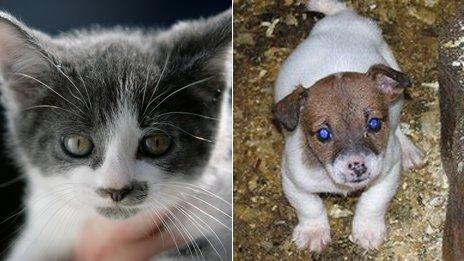
- Published10 October 2013
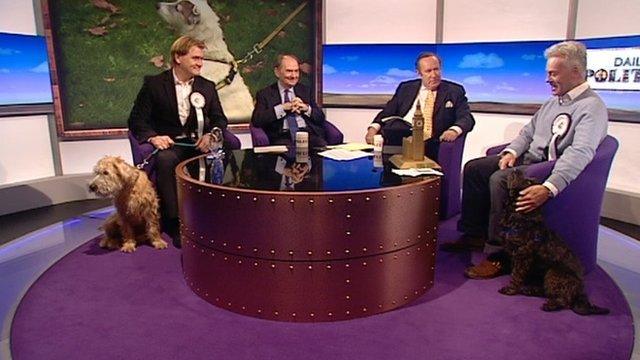
- Published25 October 2012
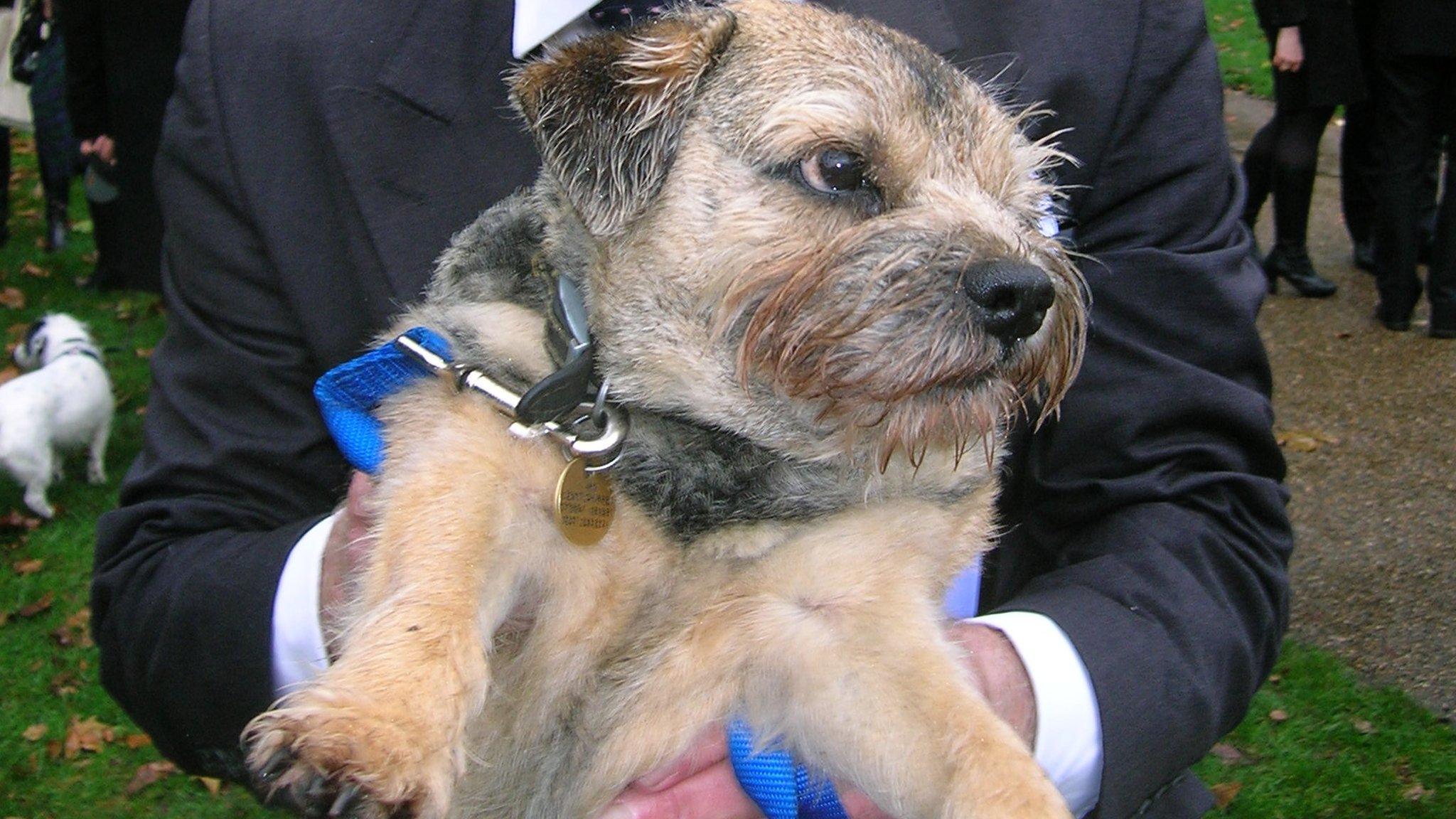
- Published30 November 2012
